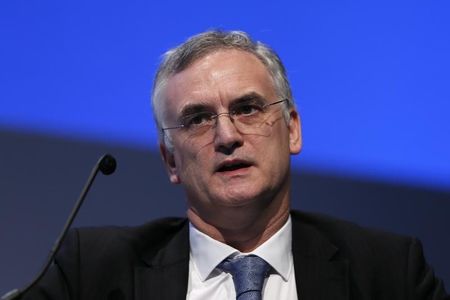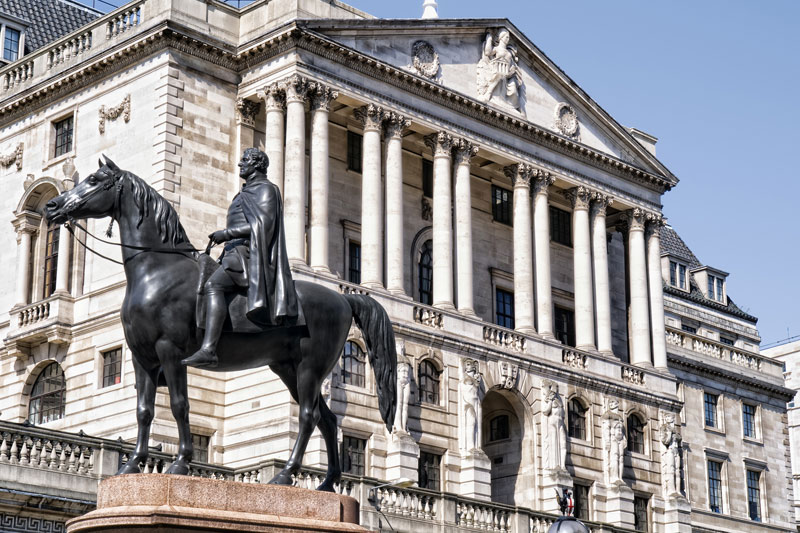(Reuters) - Bank of England economist Paul Fisher credited quantitative easing and the bank's Funding for Lending Scheme for the recovery that kicked in last year in an interview on Wednesday with the Independent.
Fisher, who has left the Bank of England's Monetary Policy Committee after five years and will move to the bank's regulation arm, told the newspaper that bond sales should only start after rates have been lifted high enough to cut again in another emergency.
"A number of our policies had very big powerful effects on the recovery phase, and, without doubt, things would have been much worse if we hadn't stuck to our guns," Fisher told the newspaper.
Fisher, who has been under fire from lawmakers over the BoE's handling of alleged manipulation of London's currency market, defended the bank's actions saying he thinks the idea that the bank behaved improperly is a "non-story."
He called his move from the monetary policy committee to the regulation arm "incidental."
Fisher, who leaned toward the dovish end of the spectrum during his time on the committee, dismissed the hawkish argument of the Bank for International Settlements that rates should have been higher in the United Kingdom before the crisis.
"We had the highest interest rates in the G7 for most of the 10 years leading up to the crisis," Fisher said.

"That had given us an overvalued exchange rate. Short-term money was flooding into the UK to take advantage. That was giving us a big current account deficit. That money went straight into the banking system. So the right policy prescription would have been to put interest rates up? I don't think so. It would have meant more hot money coming in making the problem worse."
(Reporting by Aashika Jain in Bangalore; Editing by Lisa Shumaker)
